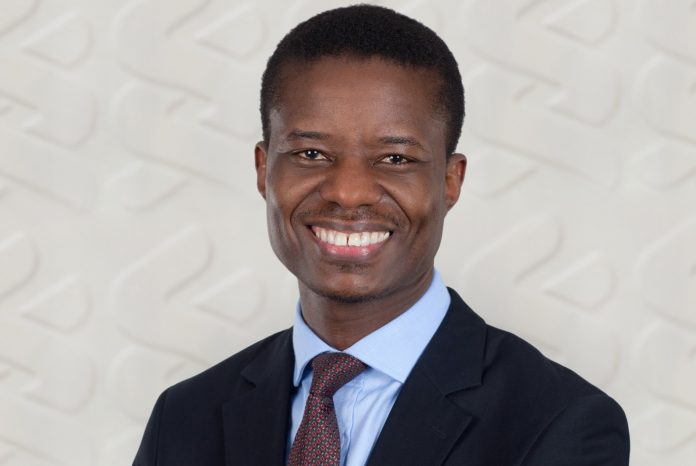A Standard Chartered survey finds that COVID-19 is significantly impacting personal finances, with one-third of the global population already earning less, and more than half expecting the pandemic to further affect their income and/or employment. This finding is also echoed in half of the UAE population. Yet young people aged between 18 and 34, and those in emerging and fast-growing markets are the most confident in their skills and are prepared to work hardest to realise opportunities in a post-COVID world.
The study of 12,000 adults across twelve markets – Hong Kong, Taiwan, Mainland China, Singapore, Indonesia, Malaysia, India, UAE, Kenya, Pakistan, the UK and the US – offers insights into their financial wellbeing and employment outlook in these challenging times, and how banks can play a role in helping them manage their money.
It reveals a stark contrast between the financial reality that people face and their confidence in the future. This can be explained by a willingness – particularly among young people and those in fast-growth and emerging markets – to work harder, take steps to adapt income streams and reskill if they can, in order to earn more.
Young people are particularly confident, with 80% of 18 to 34-year olds (compared to 87% in the UAE) feeling they have the digital skills needed to thrive post-COVID-19 compared to 63% of those over 65 (71% in the UAE). And, with many graduating or leaving school in the midst of a global recession, younger generations are also more willing, or able, to adapt to the current circumstances. For example, in the UAE, 76% of 25 to 34-year olds would set up a second income stream; and 77% of all 18 to 44-year olds would reskill compared to only 56% of those aged 55 and over.
In fact, the study found that people in the UAE are among the most willing to retrain or reskill, with 76% of respondents viewing this as an option to increase their future earnings, compared to a global average of 64%.
Globally, Millennials and Generation Z are also more likely to respond to the crisis by starting a new business. 55% of UAE residents aged 18 to 44 would consider doing so in the next six-months compared to 35% of those aged 45 and above. These sentiments are higher than those in the rest of the world, where the figures are 52% and 30% respectively.
Around the world, levels of flexibility, adaptability and entrepreneurialism tend to decrease with age, along with confidence, despite – or perhaps because – older generations are more established in their careers.
The divide is even more stark when comparing developed and developing markets. Those in established global economies are not only less confident that they have the digital skills needed to thrive amidst the downturn but are also less willing to adapt and take steps to increase their income.
For example, over 86% of UAE residents said they would prefer to work more to get ahead than reduce their hours for less pay. The UAE ranked just behind Kenya, Mainland China, India and Pakistan (all over 88%). Meanwhile, the UK and the US had the highest proportion of people who valued free time over money (38% and 33% respectively).
In terms of wanting to better manage personal finances, geographical differences were similarly pronounced. 80% of people in the UAE would like to better manage their money to make it go further, ranking just below respondents in Kenya (93%), Indonesia (90%), Mainland China (85%), Malaysia (83%) and India (82%).
And while the pandemic has acted as a catalyst for the growth of online banking, with over half globally using online services more, the shift has been more apparent in fast growing markets. For example, on mobile devices, the UAE was one of the most prominent markets for increased the use of banking services (72%), together with India (79%) and Kenya (69%). Fast growth markets are also more likely to want their banks to help improve their confidence at managing money digitally – Kenya (91%), India (84%) Indonesia (84%), and the UAE (77%).
There is one clear area of almost unanimous agreement; a global desire for more flexibility when it comes to working arrangements post-COVID-19. In the UAE, 67% of people would prefer to continue working from home for at least two days a week once restrictions are lifted and 77% want more flexible working arrangements. However, the UAE ranked second highest, just below India, for missing the atmosphere of working from the office.
Sonny Zulu, Head of Retail Banking, at Standard Chartered UAE, said: “It is encouraging to see that young people in the UAE are the most confident in their skills and are prepared to work hardest and smarter to realise opportunities in a post-COVID world. Many are considering starting a new business in the wake of the pandemic but want to learn how to manage their finances better. As an International bank that is deeply rooted in the UAE, we believe that we have a role to play by helping them manage their money as well as providing them with tools that make banking easier, so that they can focus on leading the way to recovery.”











